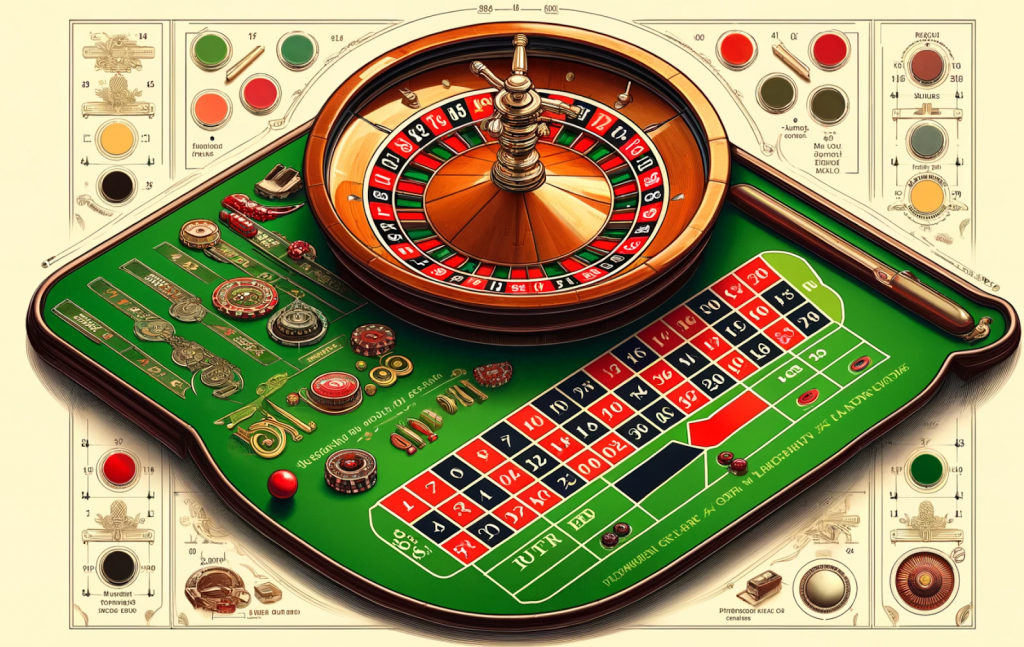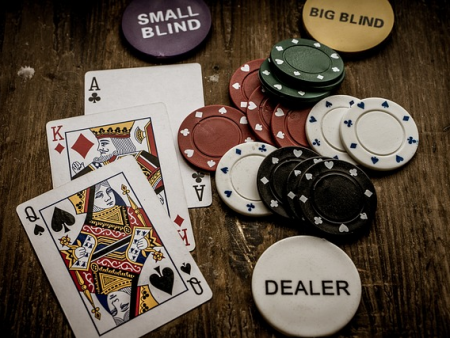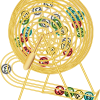The Enigmatic History of Roulette
The origins of roulette are as fascinating as the game itself. Some believe it started in ancient Rome, while others connect it to a Chinese game that involved spinning objects.
The modern form we recognize today originated in 18th century France, combining elements of an Italian game called Biribi with local traditions. As time passed, roulette spread worldwide, becoming a staple in casinos. Its impact is unmistakable, evident in its presence in literature, films, and the sophisticated charm it exudes in popular culture.
Anatomy of the Roulette Wheel
The roulette wheel is an incredible feat of accurate design. There are 37 pockets in European roulette, numbered 0 through 36. The American version has 38 pockets altogether because it has an extra double zero (00). This small difference significantly affects the house edge, making the European game more favorable to players. The wheel’s balance and precision are key to ensuring fair play. The single zero, marked in green, is crucial in giving the house its edge, subtly shifting the odds.
Deciphering the Table Layout
Despite its complexity, the layout of the roulette table serves a purpose in each part. Inside bets are wagers on a single or small collection of numbers that have smaller odds and higher payoff. Outside bets cover larger groupings, like colors or even/odd numbers, and hence have higher odds but lesser payouts. Understanding this layout is crucial for strategic betting. Each area on the table has clear payout ratios, guiding players in making informed decisions. Familiarity with the layout can greatly enhance a player’s ability to place strategic bets.
Strategic Placement: Betting Areas Explained
Six-line bets, which place six numbers over two rows, street bets on three numbers in a row, corner bets on four numbers creating a square, split bets on two numbers next to each other, and straight bets on a single number are examples of inside bets. Every type of inside bet has a different payoff and odds structure. The more basic types of outside bets include red/black, odd/even, high/low, and column bets; these have smaller payouts but are simpler to win. The racetrack layout and French bets provide extra alternatives for more complex betting strategies for experienced players. Each betting area requires a different approach, adding both challenge and excitement to the game.

Navigating the Roulette Table
For a flawless experience, roulette table manners are essential. Before placing any bets, players should wait for the dealer to signal. They should also hold off on touching their chips until the dealer announces, “No more bets.” The dealer, usually referred to as the croupier, controls the game’s rewards and spins the wheel. Playing the game and understanding how it operates—from placing bets to spinning and reaping rewards—keeps players engaged and speeds up decision-making. Following protocol and being aware of the dealer’s responsibilities enhances the experience and makes sure that everyone is in a courteous and pleasant environment.
Systems and Strategies for Betting
There are numerous betting techniques that can assist lower risk and boost possible profits. The Martingale method doubles your wager following each loss in an effort to make up for losses with a single victory. Every number in the Fibonacci sequence is the sum of the two numbers before it, progressively raising the stake sizes. The Labouchere method is setting up a betting unit sequence, adding units after a loss, and crossing out numbers after a victory. Players must adjust their strategies according to the game’s dynamics and their risk tolerance, as each offers advantages and disadvantages. It takes discipline and a knowledge of probability to use these tactics in real life.
Tips and Tricks for Aspiring Roulette Players
Effective bankroll management is crucial for long-term play. Setting limits on losses and wins helps avoid chasing losses or becoming overconfident during winning streaks. While often dismissed as a myth, reading the wheel involves observing the dealer’s spin technique and potential biases. Staying calm and composed is vital; emotional decisions can lead to unnecessary risks. Maintaining focus allows for rational decision-making, improving overall performance. These tips can significantly enhance a player’s experience and success.











